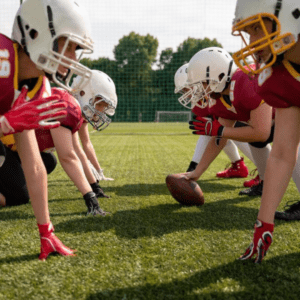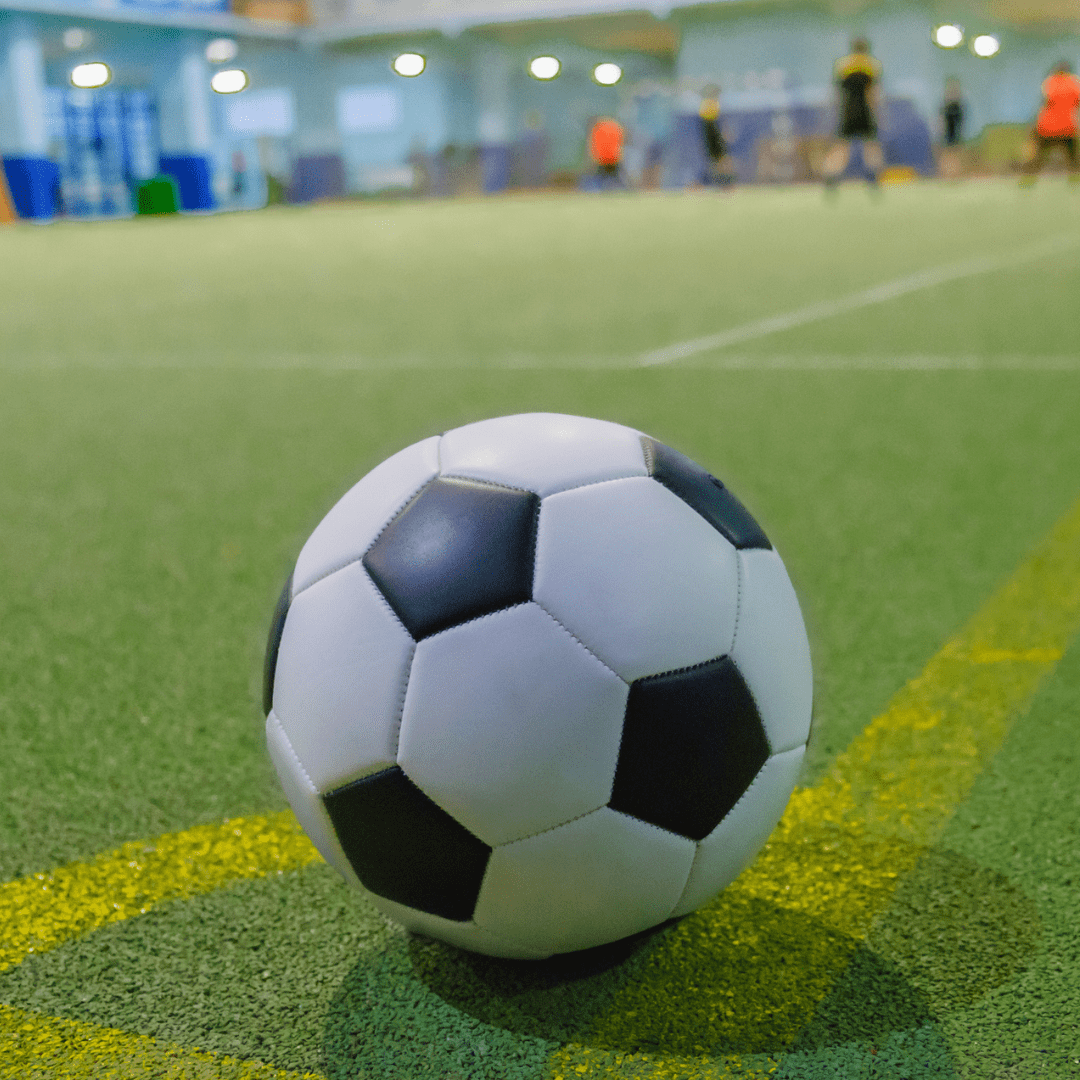
Featured Doctor
Lawrence Kusior, MD
Dr. Kusior is a board-certified, fellowship-trained orthopedic surgeon specializing in sports medicine at Orthopedic Associates of Dutchess County.
View Profile

By Lawrence Kusior, MD, sports medicine surgeon at OADC
Sports are often an important aspect of a high schooler’s life. Sports participation promotes teamwork skills, a sense of belonging, a drive to be successful, and staying active. With all of these benefits, however, comes the risk of injury.
In football, common injuries include hamstring strains, ankle sprains, posterior labral tears (usually an ailment for offensive linemen), shoulder dislocations, core muscle injuries (sports hernia), and ACL tears.
Here are some tips to try to keep injuries at bay:
1. Stay strong and balanced. It’s important to keep the hip external rotators strengthened so that when players jump, they don’t buckle when they land. Keeping the hip in a more externally rotated position when landing prevents the knee from landing in a “knock-kneed” position which can lead to a buckling episode. I talk to athletes about making sure their quad and hamstring strength is balanced. When one is weaker than the other, players can be more susceptible to injury.
2. Learn proper techniques. It’s a fact – concussions can occur during football. It’s important to teach kids how to correctly hit and tackle. Don’t lead with your helmet, which leaves your head and neck exposed to the majority of the contact and leads to a high risk of injury.
3. Stay hydrated. Dehydration can be a big issue. This is especially important during pre-season when the weather may be warmer. Cramps and heat exhaustion can occur when students eat an unhealthy meal and/or drink a soda before an outdoor practice in 90-degree heat. Proper hydration and electrolytes are needed to play safely. Pre-game meals should be nutritious and not include saturated fats or processed foods that won’t provide the energy required to play a competitive game.
4. Remember to always warm up before and cool down after games. Warming up is incredibly important to get your body ready for competitive play. It’s also very useful to perform some light stretches to cool down after games.
5. Maximize your flexibility. Focus on endurance training instead of just bulk and strength training to keep you going the whole season.
6. Cross-train. When you play multiple sports, you are honing different skills (for example, agility from basketball, strength from football, hand-eye coordination from baseball, etc.), which will make you a better all-around athlete down the road.






